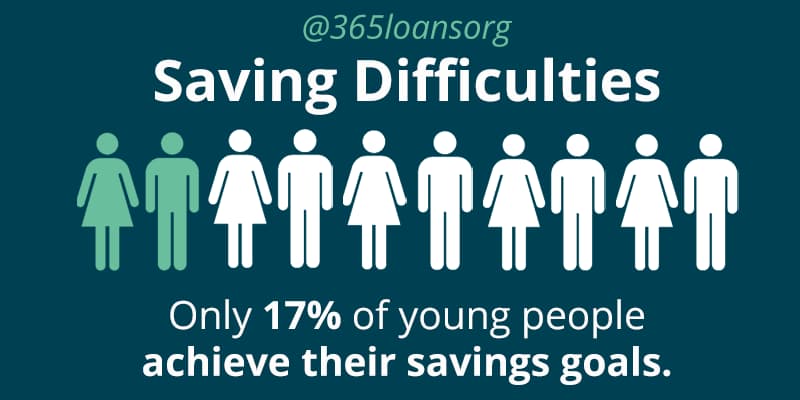Saving money is a habit that takes practice and sometimes psychological disharmony to adapt to that habit. When you start saving money, one of the first things you can do is to set your mind on that need. It is seldom an automated process where you could immediately switch to saving more of your earnings than you are used to spending. You might have developed some spending habits that do not help you reach your savings goal.
Still, it is crucial to know where you are in your financial habits and also that you can save money in either of the two possible ways:
- Increase your income and keep your expenses the same; or
- Reduce your money spent if you cannot increase your revenue.
On a side note, you should consider that although doing your regular money-making activities won’t help you much more with pouring extra cash into your bank account, cutting some of your expenses can.
Take a glance at some easy ways you can save money straight away, all the while considering your desired approach.
1. Save Before You Spend
As soon as you receive your salary or monthly business income, put aside a portion of it. Do not leave it to the month’s end, considering the savings as any leftovers from expenses. Take full advantage of technology – automate your savings in your bank account. Put a standing order of a certain amount of funds transfer with your bank, or use a mobile app. Save money before you start spending on anything else.
“Do not save what is left after spending but spend what is left after saving.“
Warren Buffet
2. Revamp Your Bank Accounts
Check out your bank interest rates for both your debts and investments. A little effort in reconciliation with the bank can save you precious money. Put your money in a high-yield savings account or short-term certificate of deposits. On the other hand, if you need a bank loan as a business, opt for the one with the lowest possible interest rate, such as a revolving credit facility (RCF). With an RCF, you will pay interest only on the portion of the debt you withdraw.
3. Align Your Debts
Bank loans have become inevitable, from student loans to business loans. Even if you cannot settle all your debts, consider low-interest rate options. Remember, your loan terms decide the cost of your loan, such as the amount of the loan, duration, and most importantly, your risk level. For example, if you have a first home mortgage, and you are applying for refinancing or a home equity loan, it will be more expensive than the first one. For a short-term gain, consider paying off credit card bills at once; the longer you take to settle, the more interest you pay.
4. Reduce Your Utility Bills
Adjust your monthly utility bills such as electricity, mobile, internet and cable, and grocery purchases. It might not sound significant, but take it this way – if you are spending $10,000 a year on these bills, a slight adjustment of 5% can save you $500 per year. Put that money in a high-yield profit account, and your net effect will be around $550 annually.
5. Create A Budget and Adhere To It
Personal budgets are an effective tool for money saving. Make both short and long-term money budgets. Divide your total income into savings, expenses, and debt payments. Your cash savings and bank loans are directly linked – the more you save cash, the more money you will have to pay off debts quickly. Create your monthly household budgets and strictly adhere to the limits. Revise your budgets often, and keep track of your goal achievements.

6. Track Your Subscriptions
You will likely receive many promotional and marketing messages on your mobile and email inboxes. While some subscriptions may save you money, such as bundling out your cable and internet, others may be unnecessary. Therefore, revisit your mobile, cable, internet, newsletters, and marketing subscriptions, and do not forget to turn off your auto-renewal.
7. Spend More on Your Needs
It sounds odd, but it is not. Your needs and wants are different virtues.
Your necessities, such as paying for your electricity and grocery bills, are your needs. Dining out on a weekend or a summer trip is a showcase of your wants talking. Another great example is that you need a car, but you will want a luxury car too.
It can save you much of the wanted money if you can differentiate between your needs and wants. While all recreational activities are not unnecessary, some of them can be cut out or at least rescaled.
When it comes to saving money, many people focus on additional sources of income. While your extra income may come from any source, it will need much spare time and effort. However, you can take a few steps to increase your revenue without extra work; invest your money wisely, contribute towards your retirement plan, and increase your employee benefits. Cutting on personal expenses is controllable and within your hands. Saving money is a habit. Practice it with sound financial planning, and you will reap the rewards for it.







